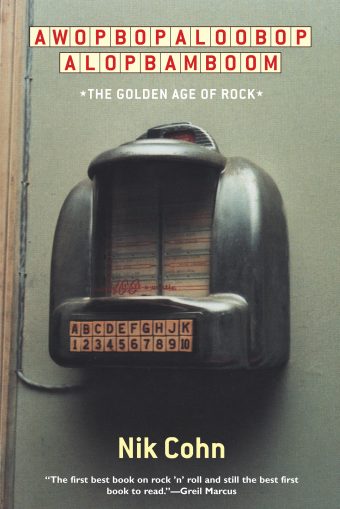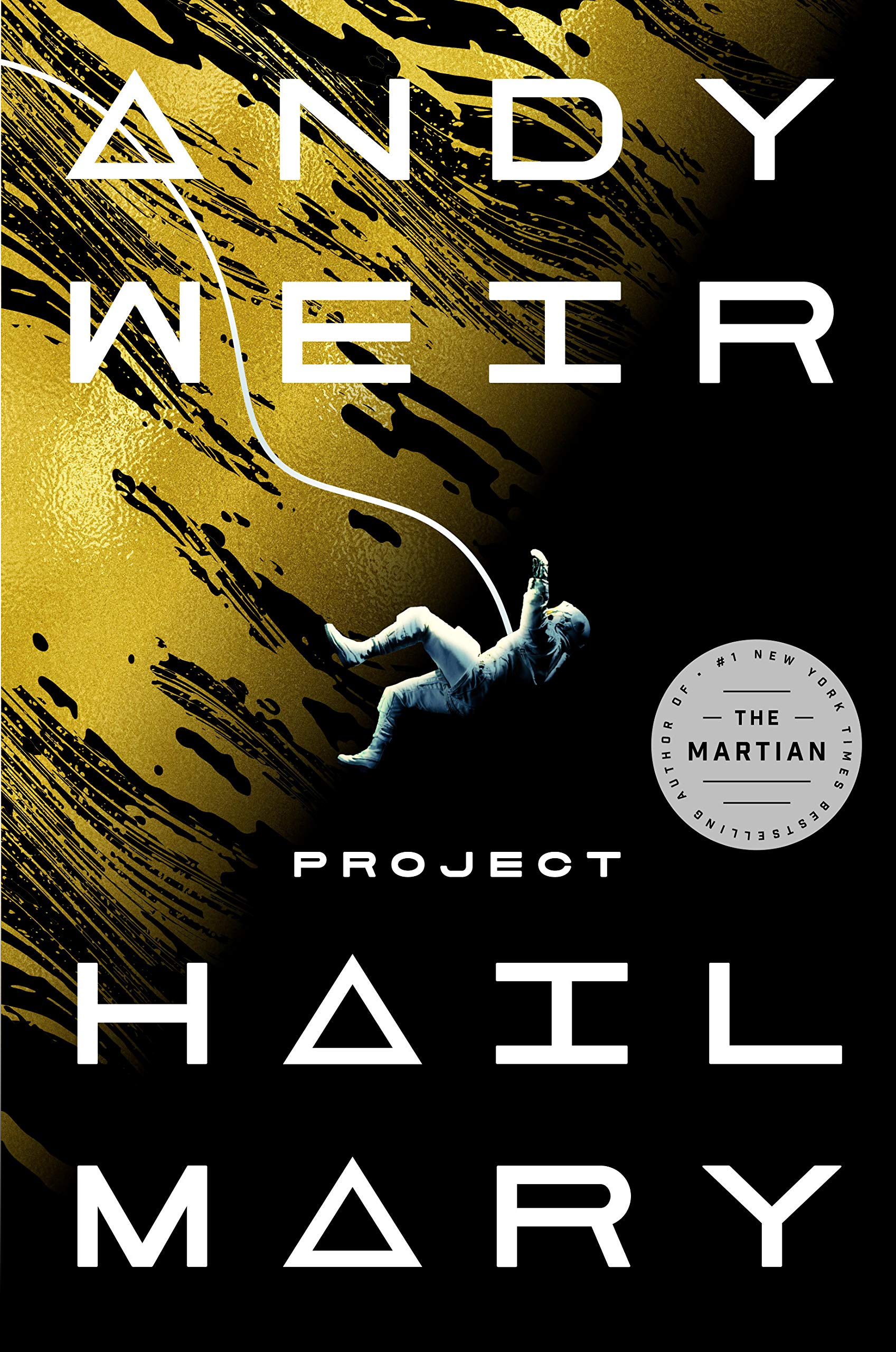
Awopbopaloobop Alopbamboom: The Golden Age of Rock
Nik Cohn
Rock 'n' roll was very simple music. All that mattered was the noise it made, its drive, its aggression, its newness. All that was taboo was boredom. The lyrics were mostly non-existent, simple slogans one step away from gibberish. This wasn't just stupidity, simple inability to write anything better. It was a kind of teen code, almost a sign language, that would make rock entirely incomprehensible to adults. In other words, if you weren't sure about rock, you couldn't cling to its lyrics. You either had to accept its noise at face value or you had to drop out completely.
Written in 1968 and revised in 1972, Awopbopaloobop Alopbamboom was the first book to celebrate the language and the primal essence of rock 'n' roll. But it was much more than that. It was a cogent history of an unruly era, from the rise of Bill Haley to the death of Jimi Hendrix. And while telling outrageous tales, vividly describing the music, and cutting through the hype, Nik Cohn would engender a new literary form: rock criticism. In his book's wake, rock criticism has turned into a veritable industry, and the world of music has never been the same. Now this seminal history of rock 'n' roll's evolution is available once more -- as riotous a spree as any in rock writing.
Advertisement
More Interesting Books

The Seven Husbands of Evelyn Hugo

The Right Stuff

Between the World and Me

Project Hail Mary

The Four Winds

Orientalism

A Heartbreaking Work of Staggering Genius

Unshakeable: Your Financial Freedom Playbook

The Alchemist

The Odyssey
Advertisement










